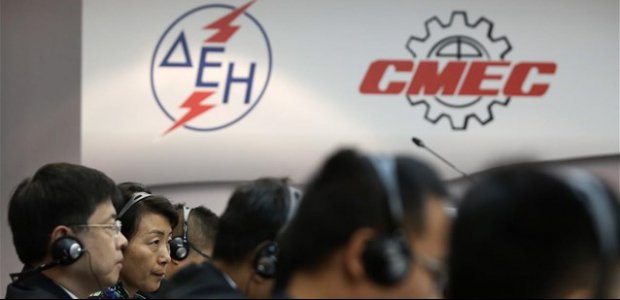The main power utility PPC’s plan to forge a partnership with China’s CMEC (China Machinery Engineering Corporation) for the development of Melitis II, a prospective lignite-fired power station of strategic importance in Greece’s north, could be jeopardized by the ongoing approval process required in Athens and Brussels for the power grid operator IPTO’s new company standing following an agreement with another Chinese firm, SGCC (State Grid Corporation of China), to acquire a 24 percent stake in the operator, a PPC subsidiary amid a bailout-required process of breaking away from its parent company.
Both CMEC and SGCC are essentially controlled by one owner, the Chinese State. This could potentially prompt the European Commission’s Directorate General for Competition to intervene on the IPTO certification process as a DG Comp regulation specifies that operator shareholders cannot hold any interests in the supply or production of electricity.
Taking this regulation into consideration, CMEC could ultimately decide to not invest in the Melitis II project.
At this point in time, there is no direct connection between the IPTO certification process and the Melitis II project as the latter is still being examined as an investment prosect by CMEC.
As for the IPTO certification process, RAE, the Regulatory Authority for Energy, has just offered its preliminary approval following an examination on whether the SGCC acquisition agreement for a 24 percent stake of the operator complies with EU criteria. The European Commission will also need to endorse the ownership unbundling procedure before RAE finalizes its approval.
The European Commission is entitled to take up to two months to deliver its decision. If this time is fully utilized, the IPTO split-and-sale process, which has already fallen behind on its tight bailout-related schedule, could be further delayed.
Theoretically, this delay could trigger action for the entire sale of IPTO in place of the current plan, through which the Greek State is expected to end up with a 51 percent stake of the operator. However, the delay, not extensive, is expected to be absorbed.





